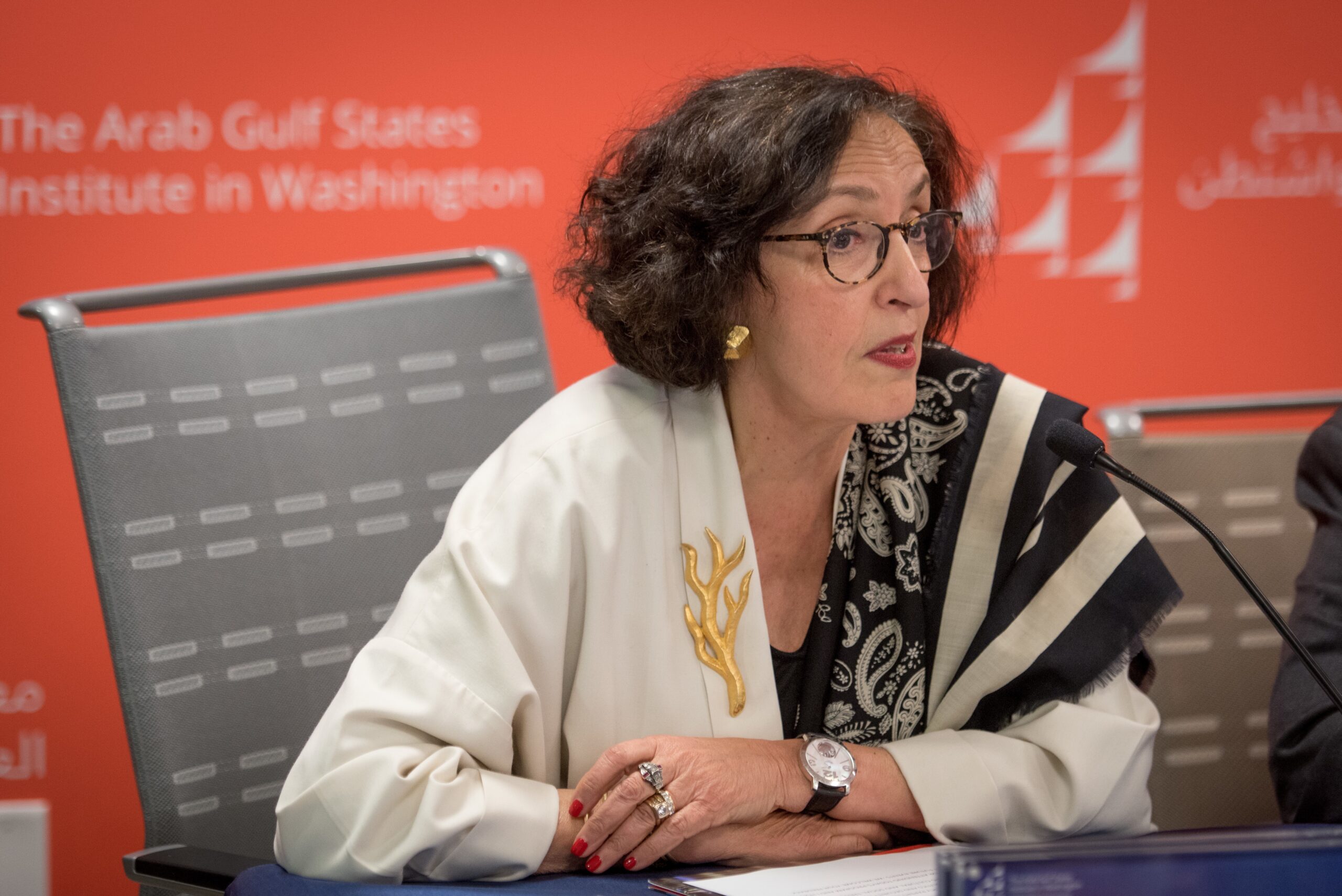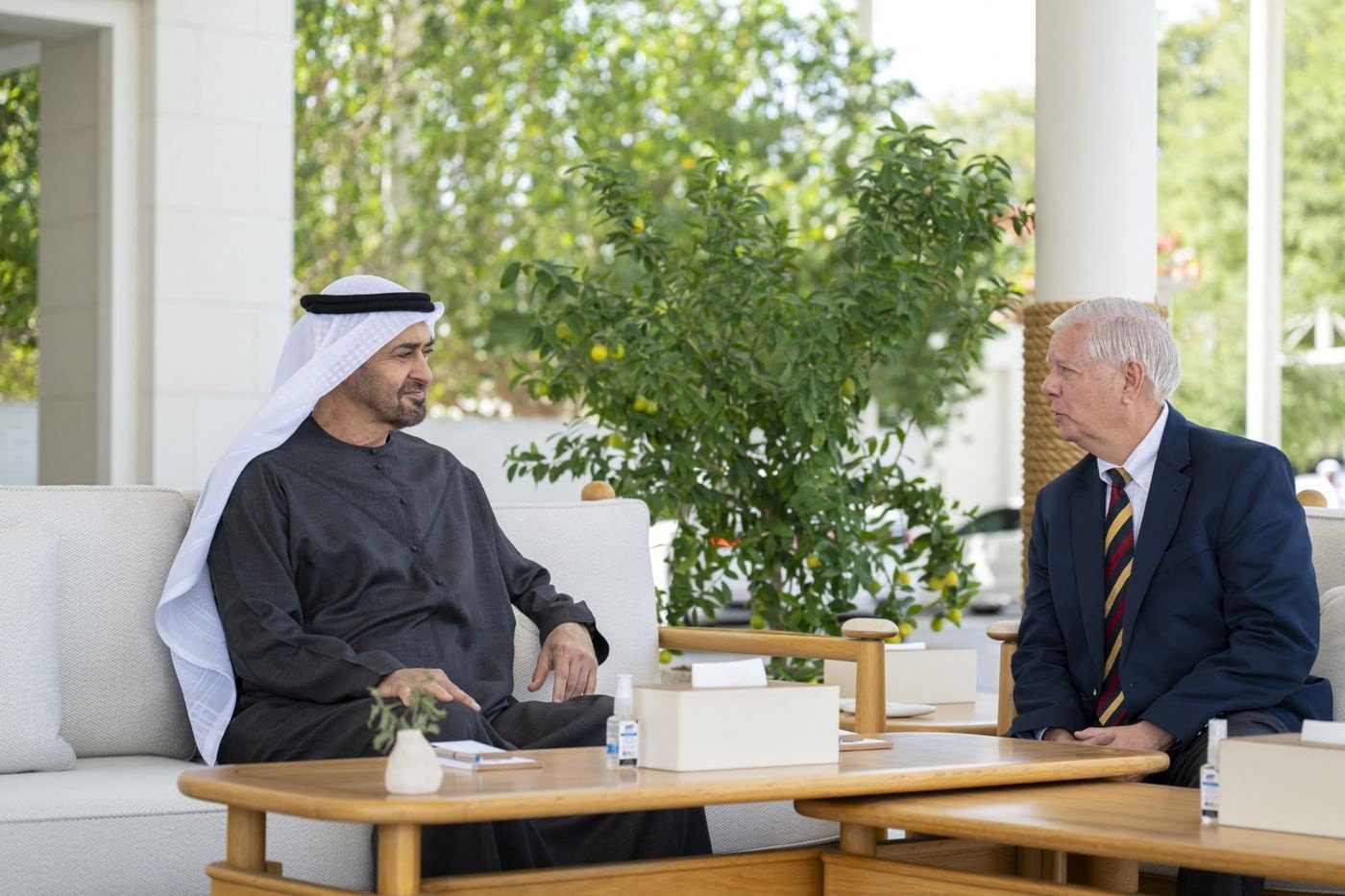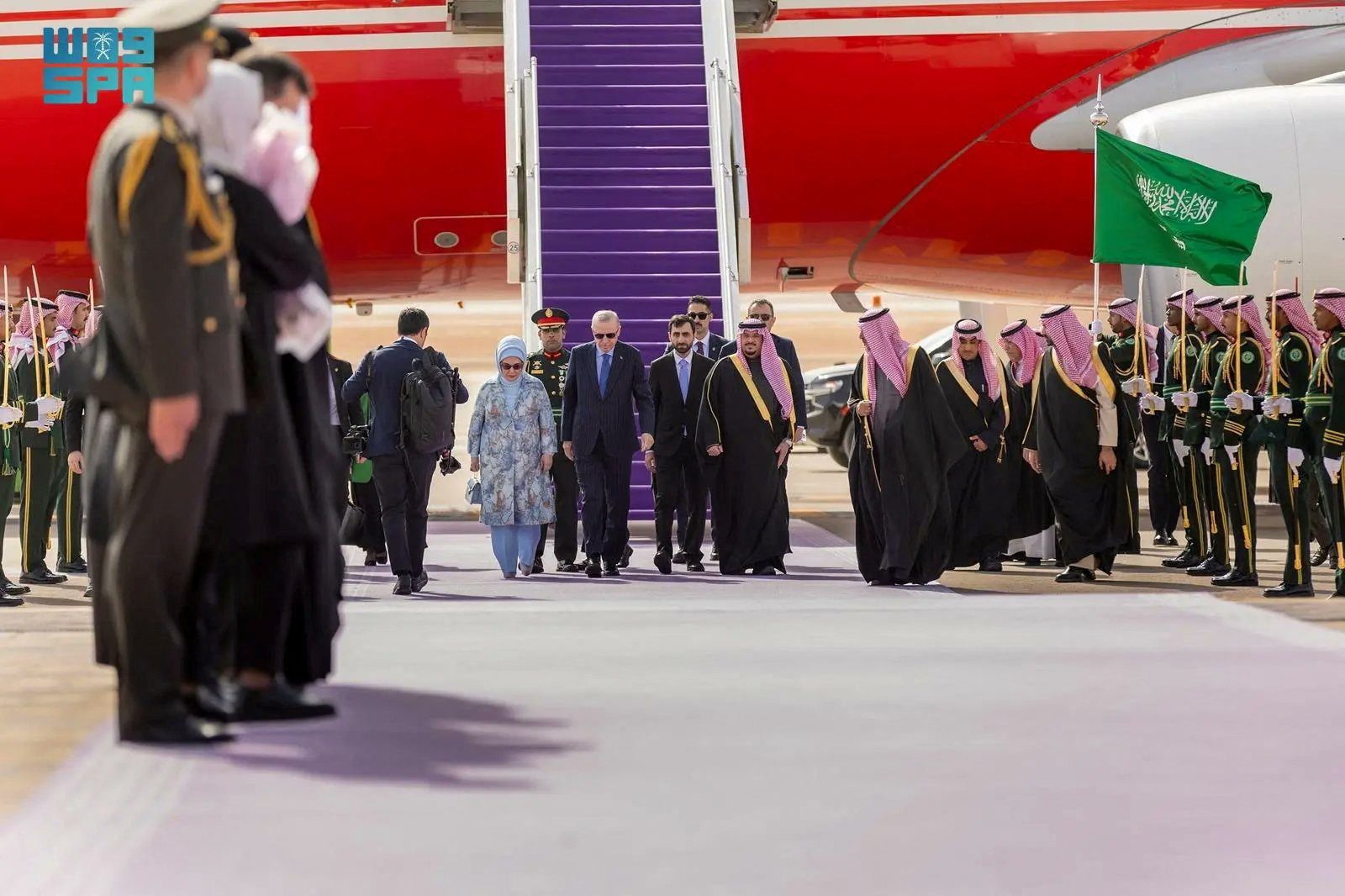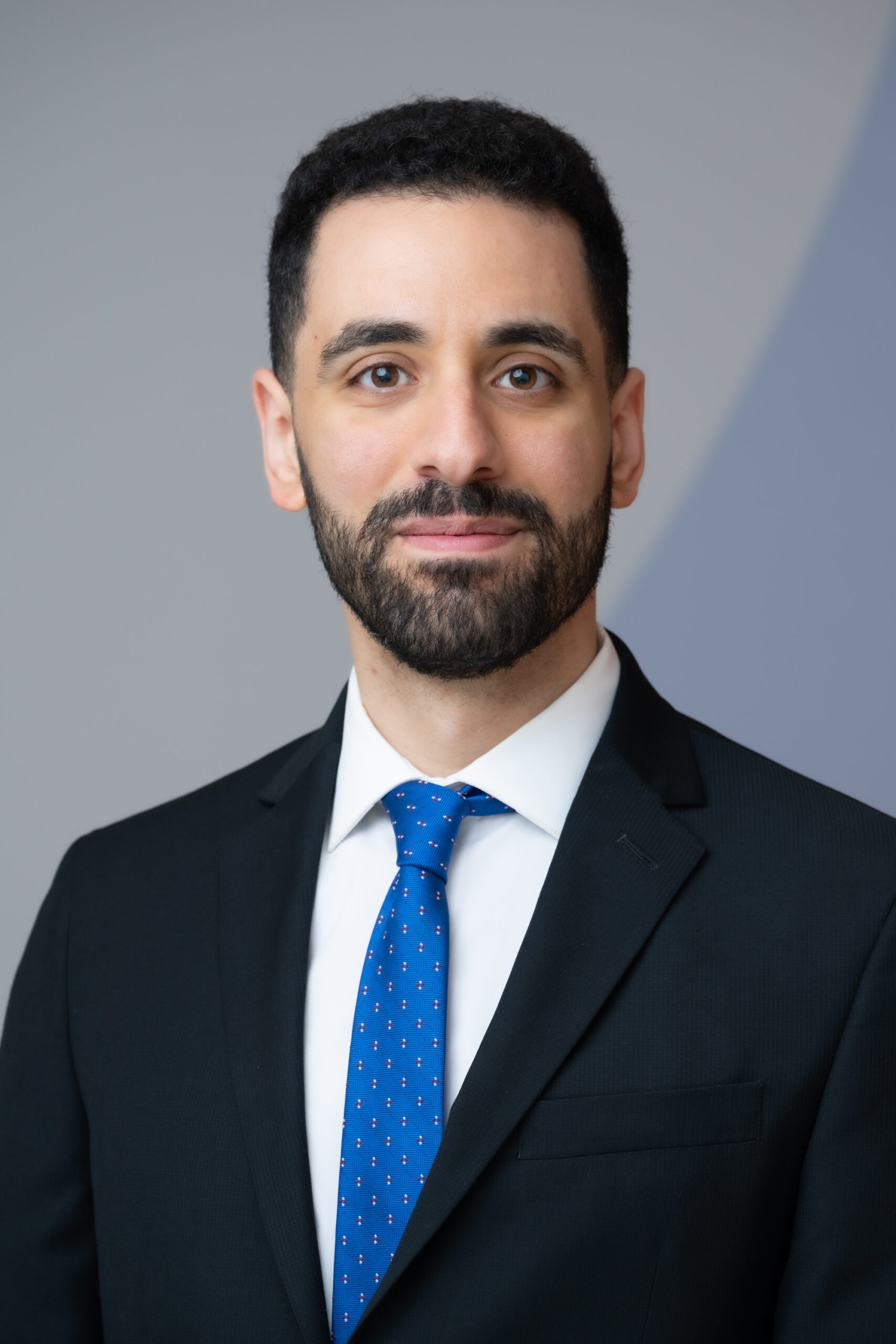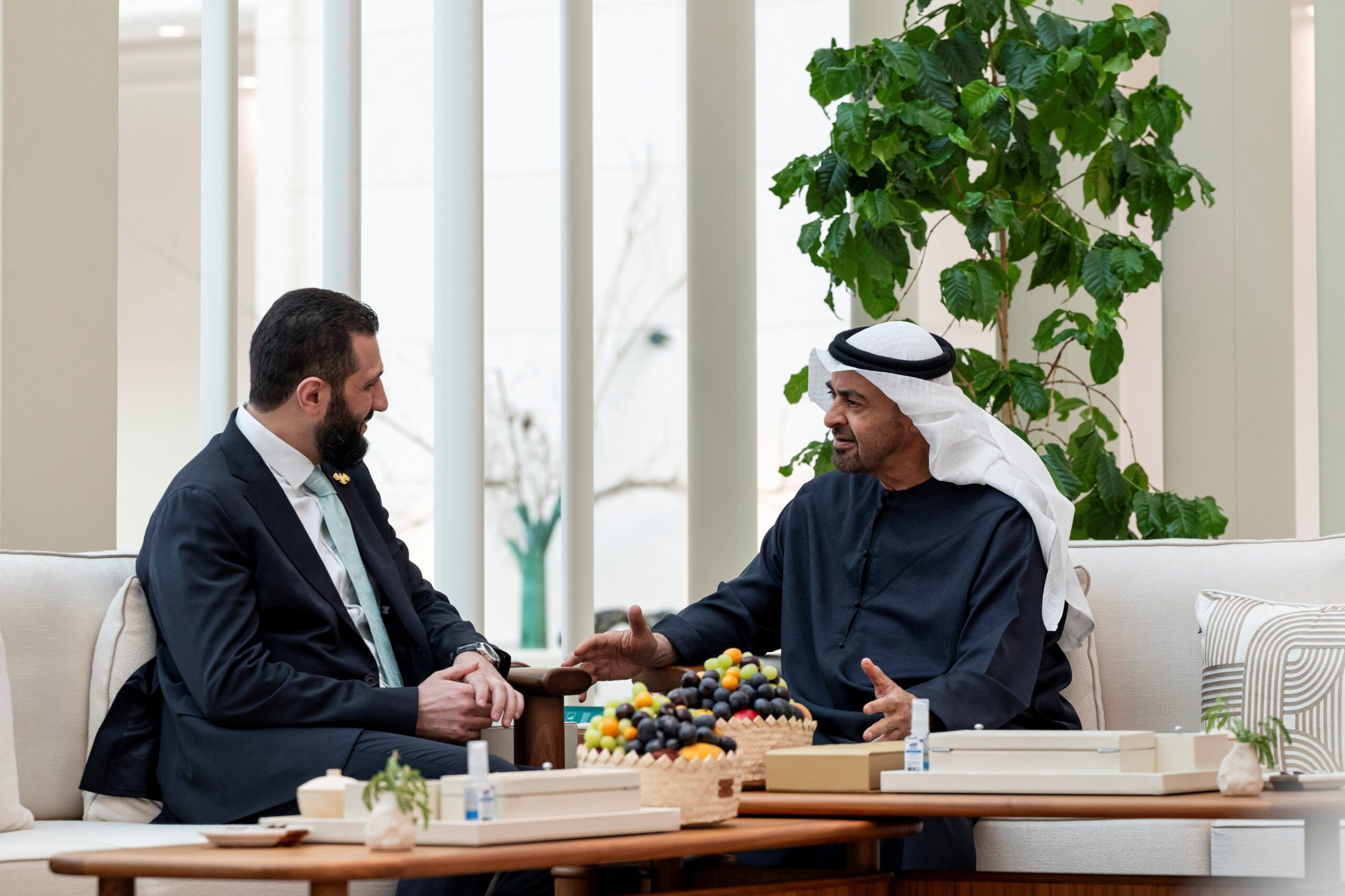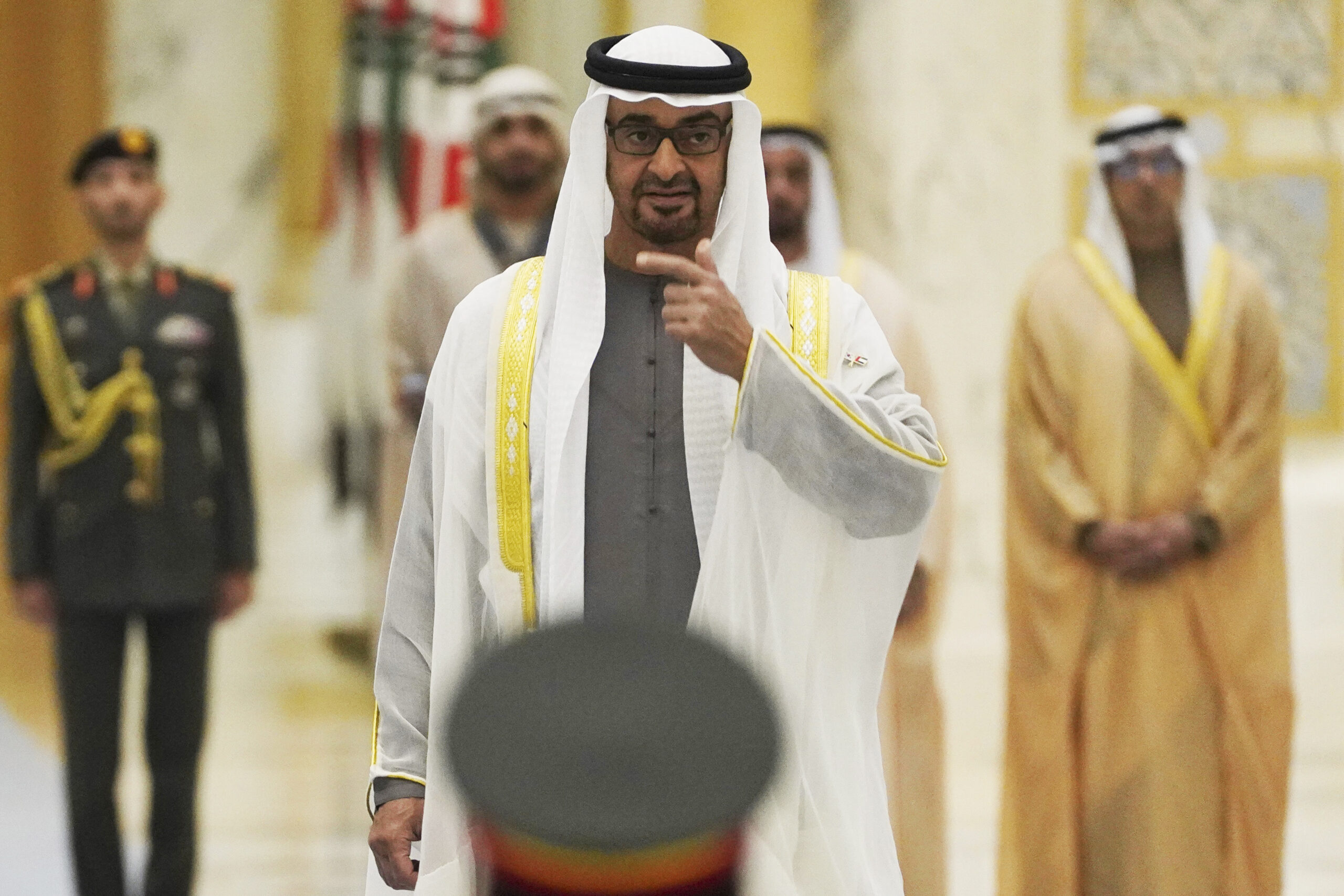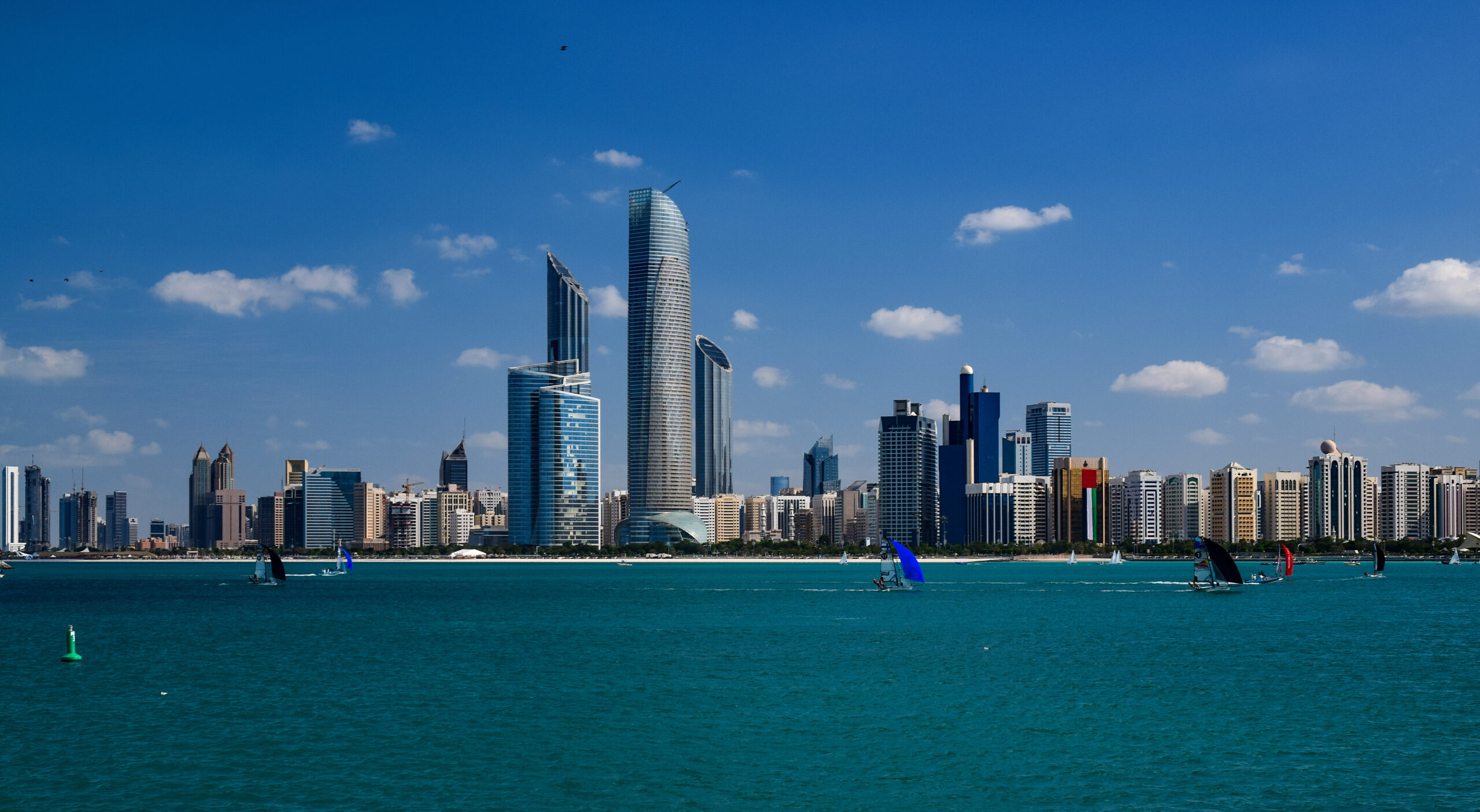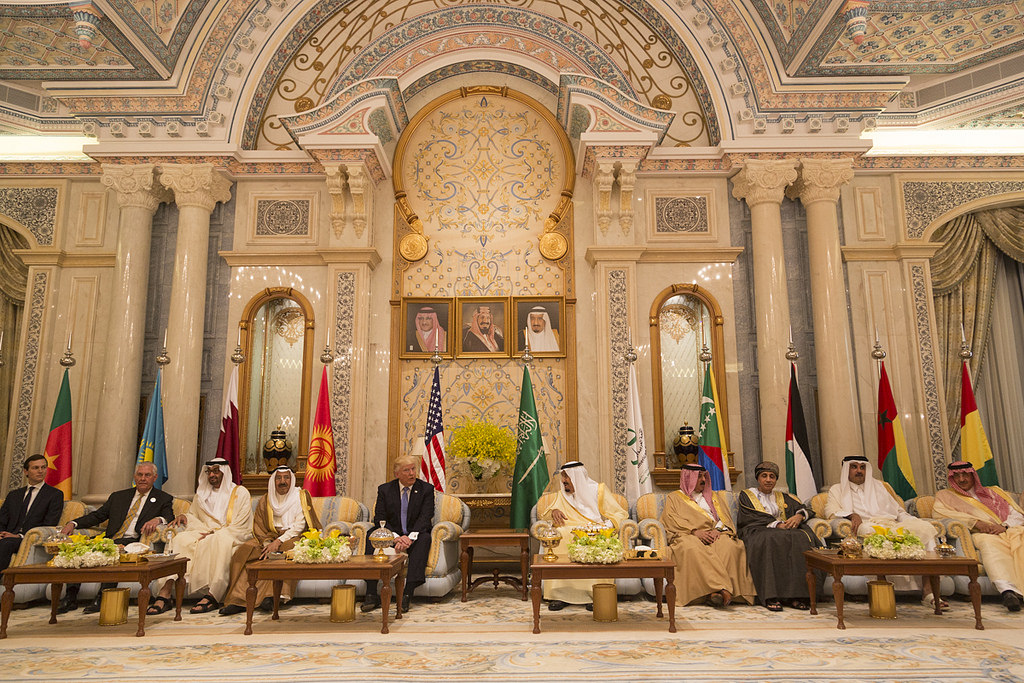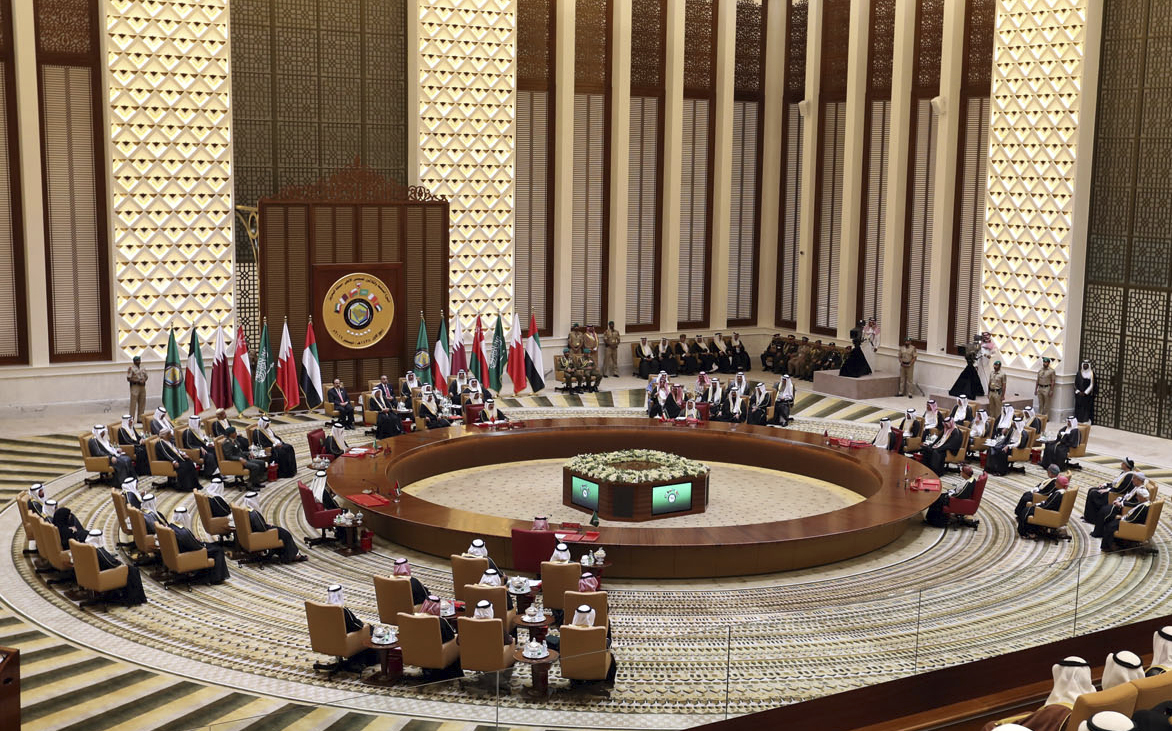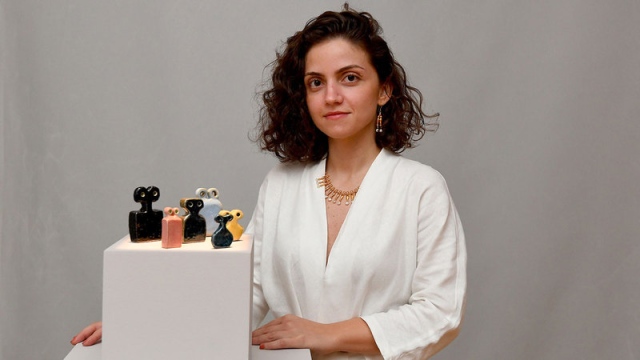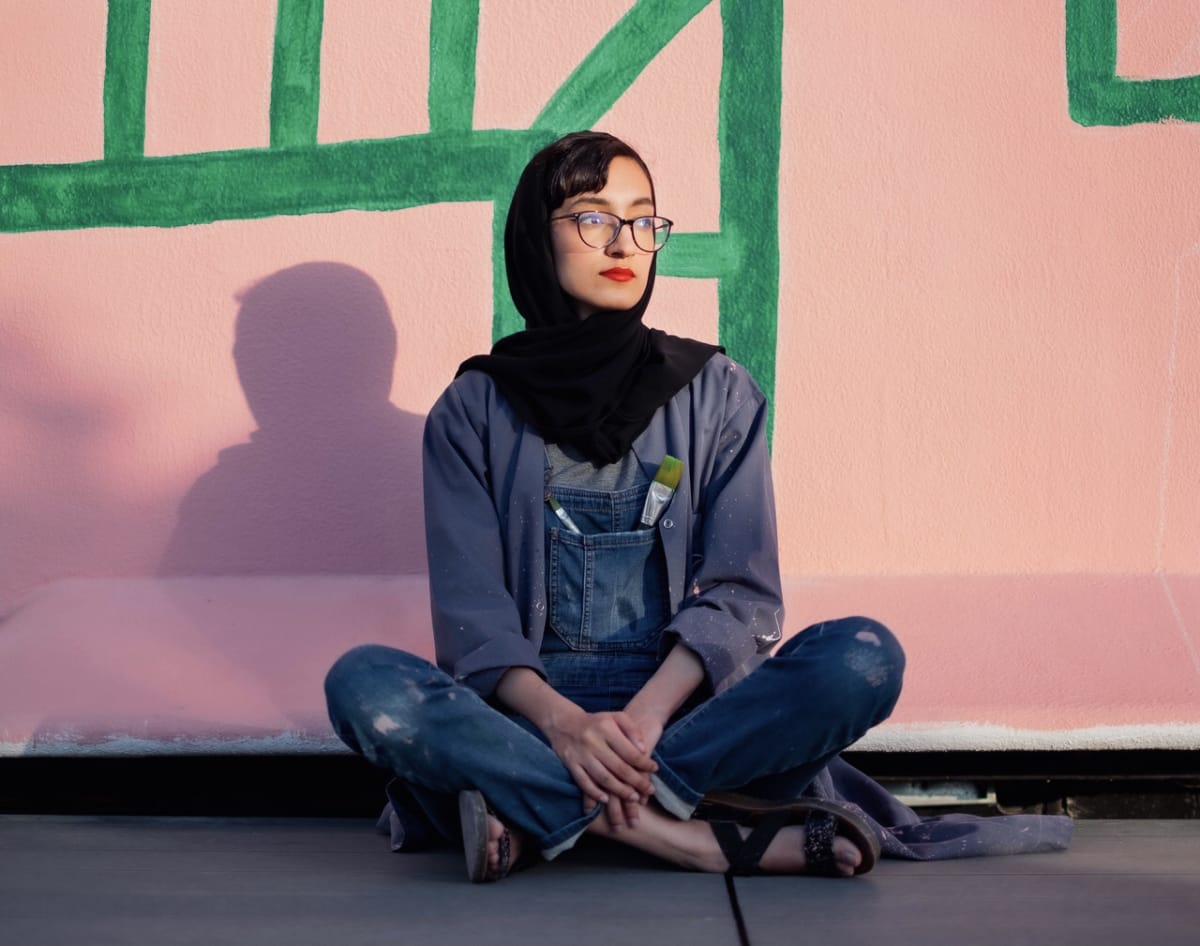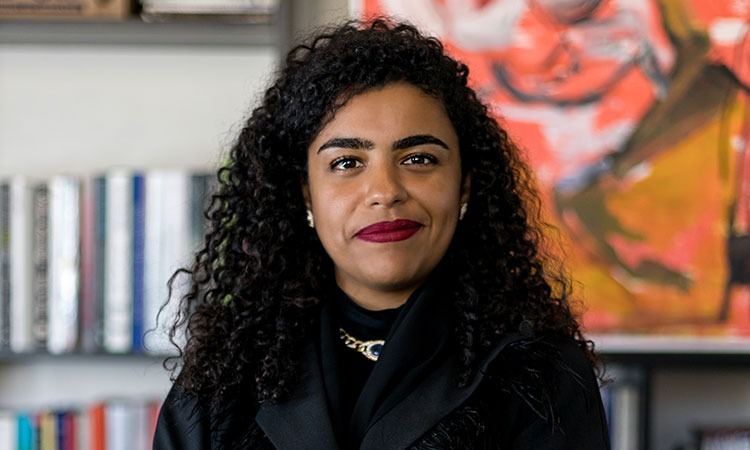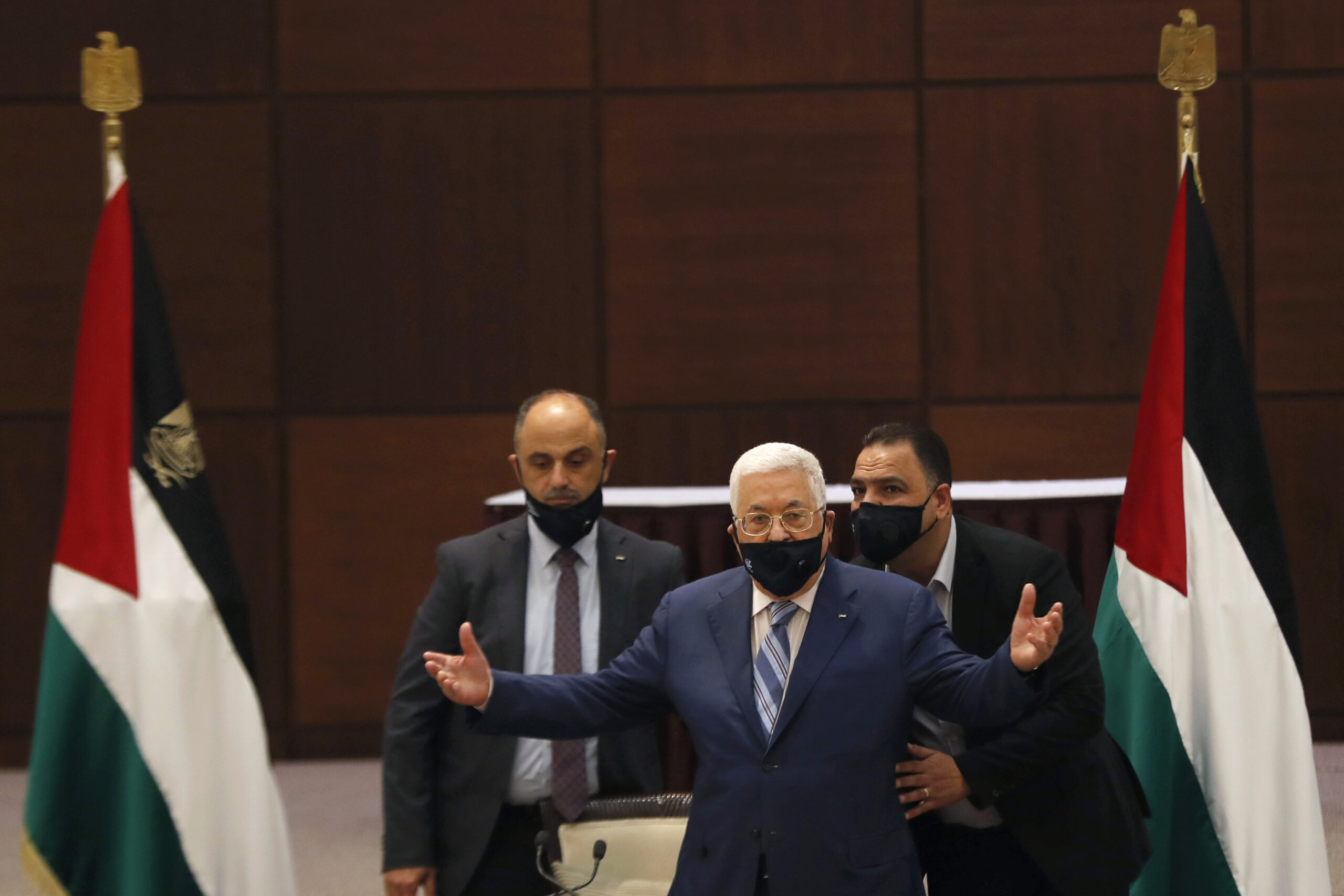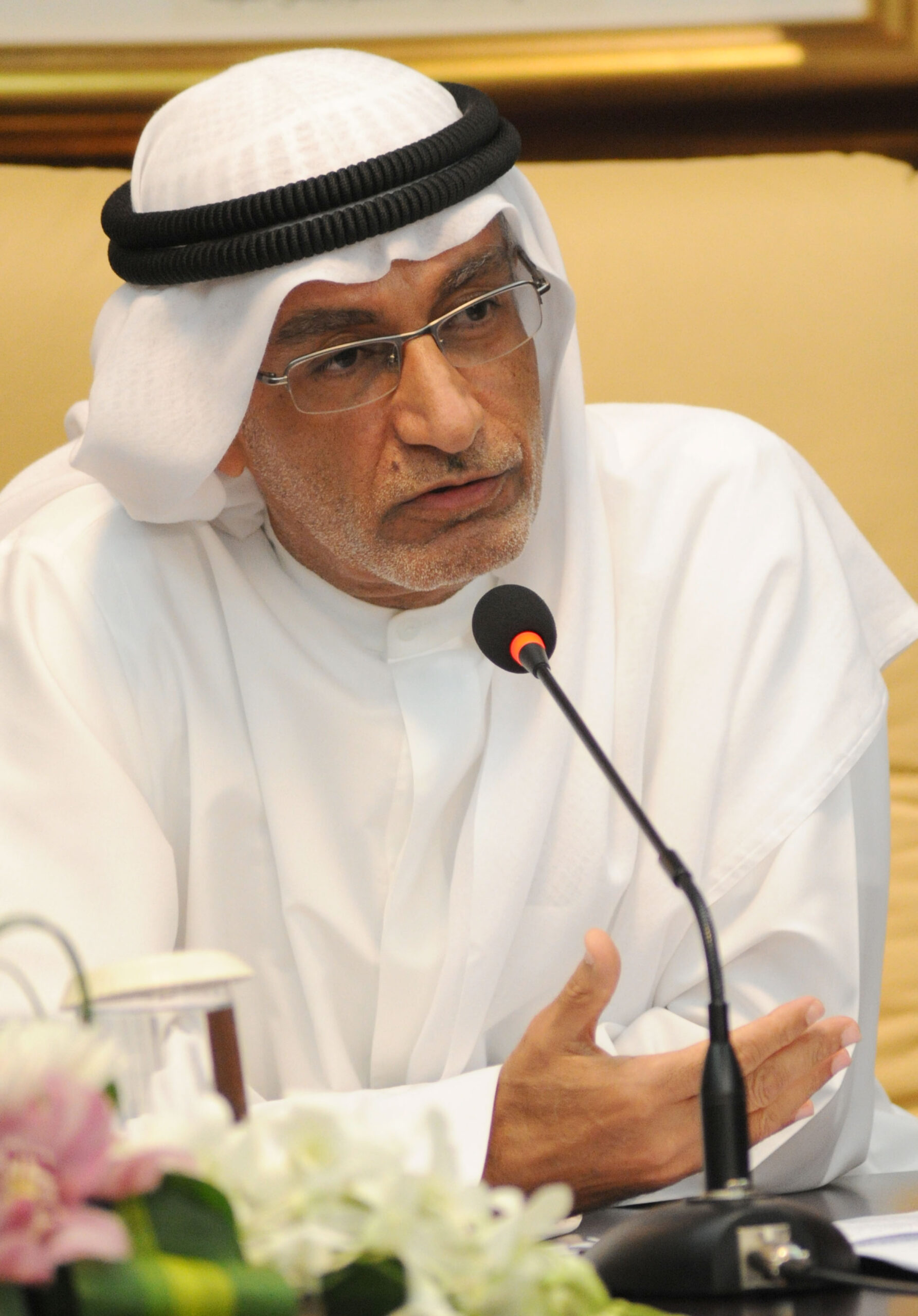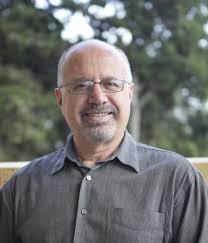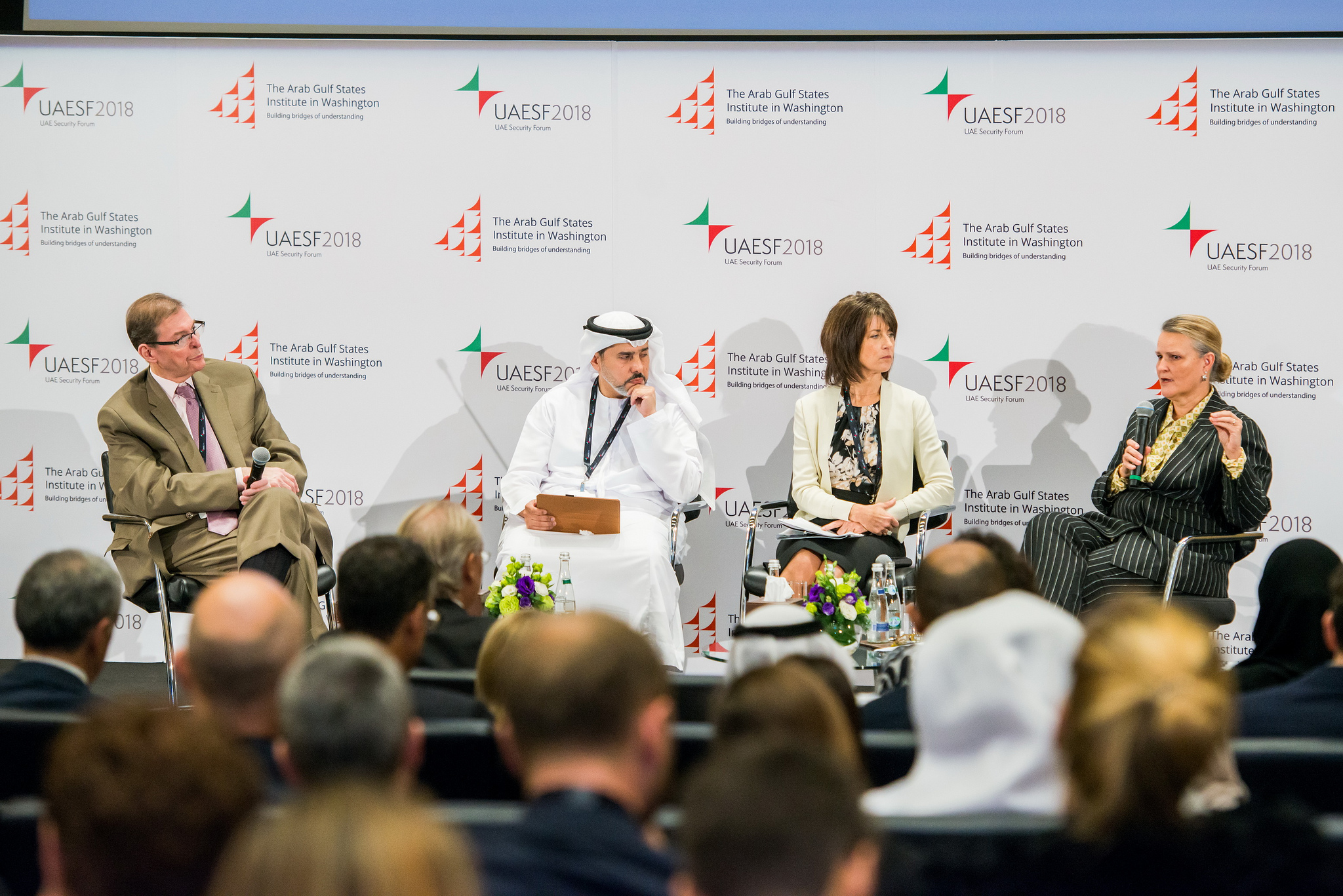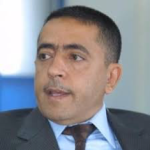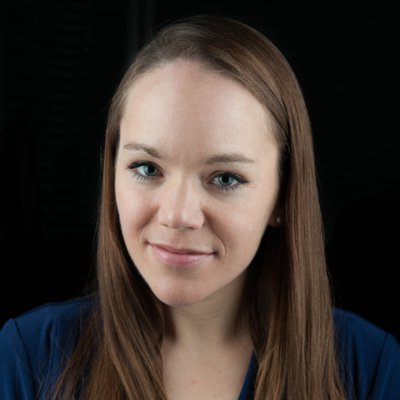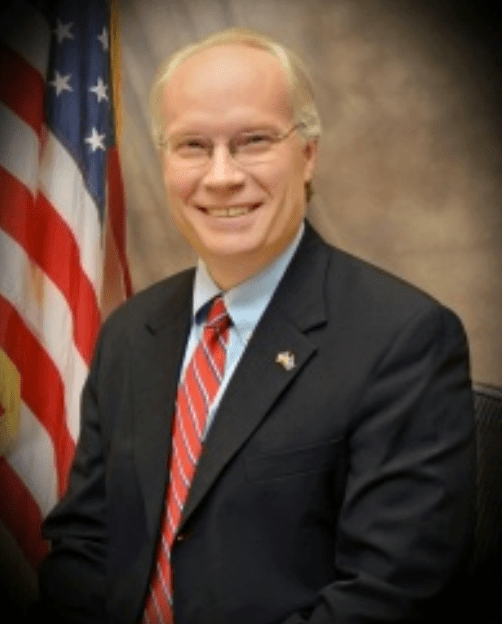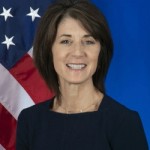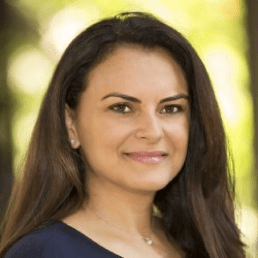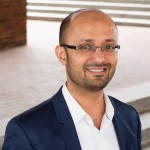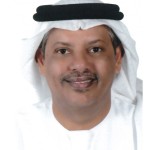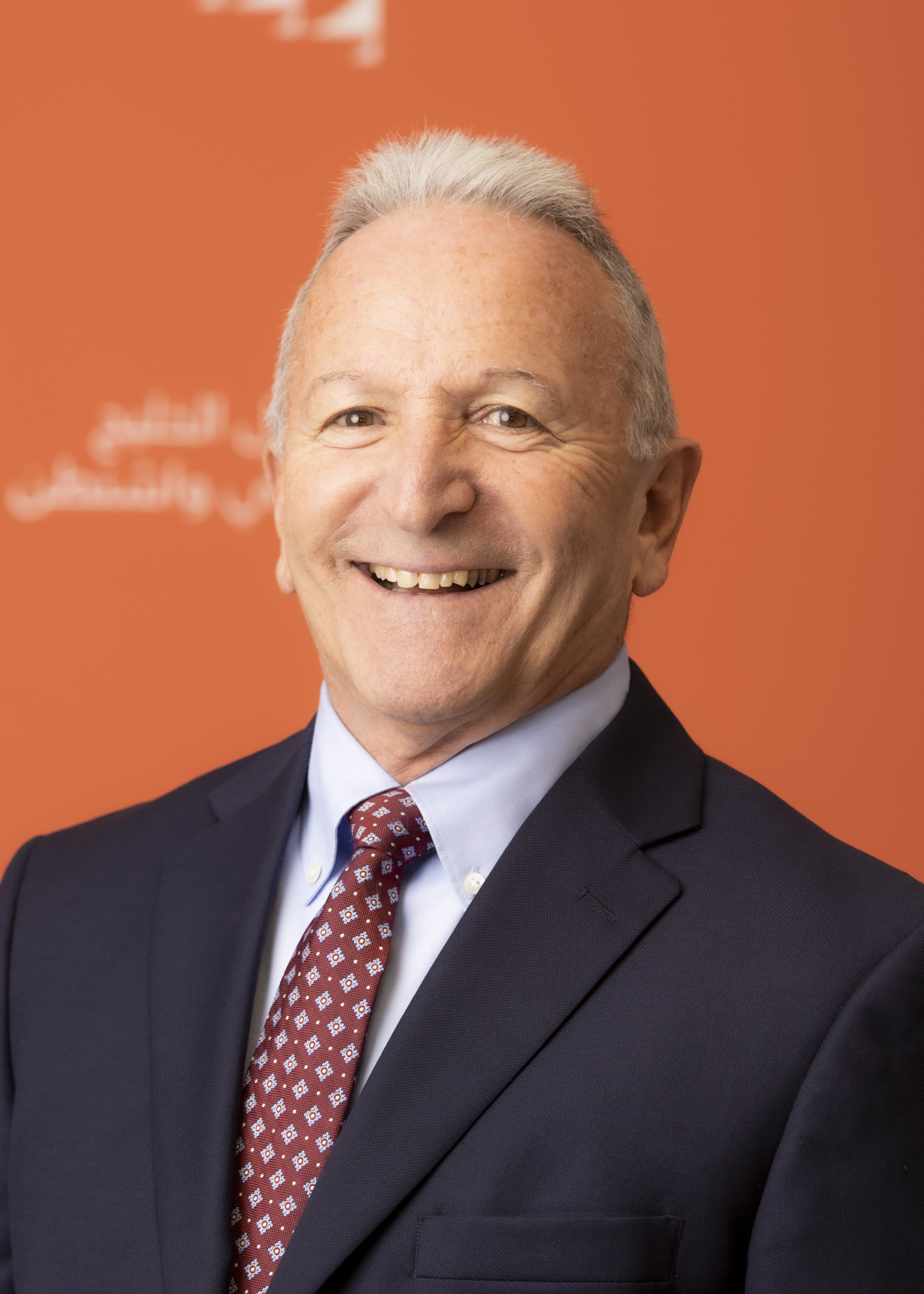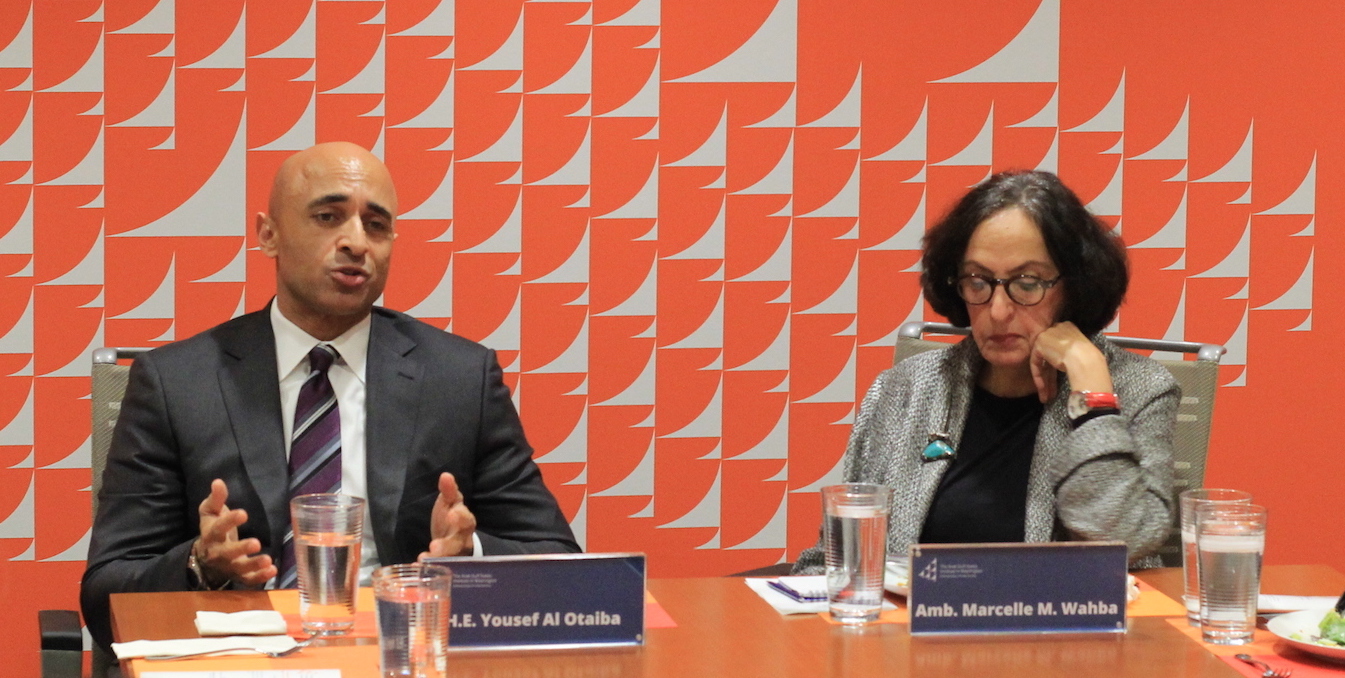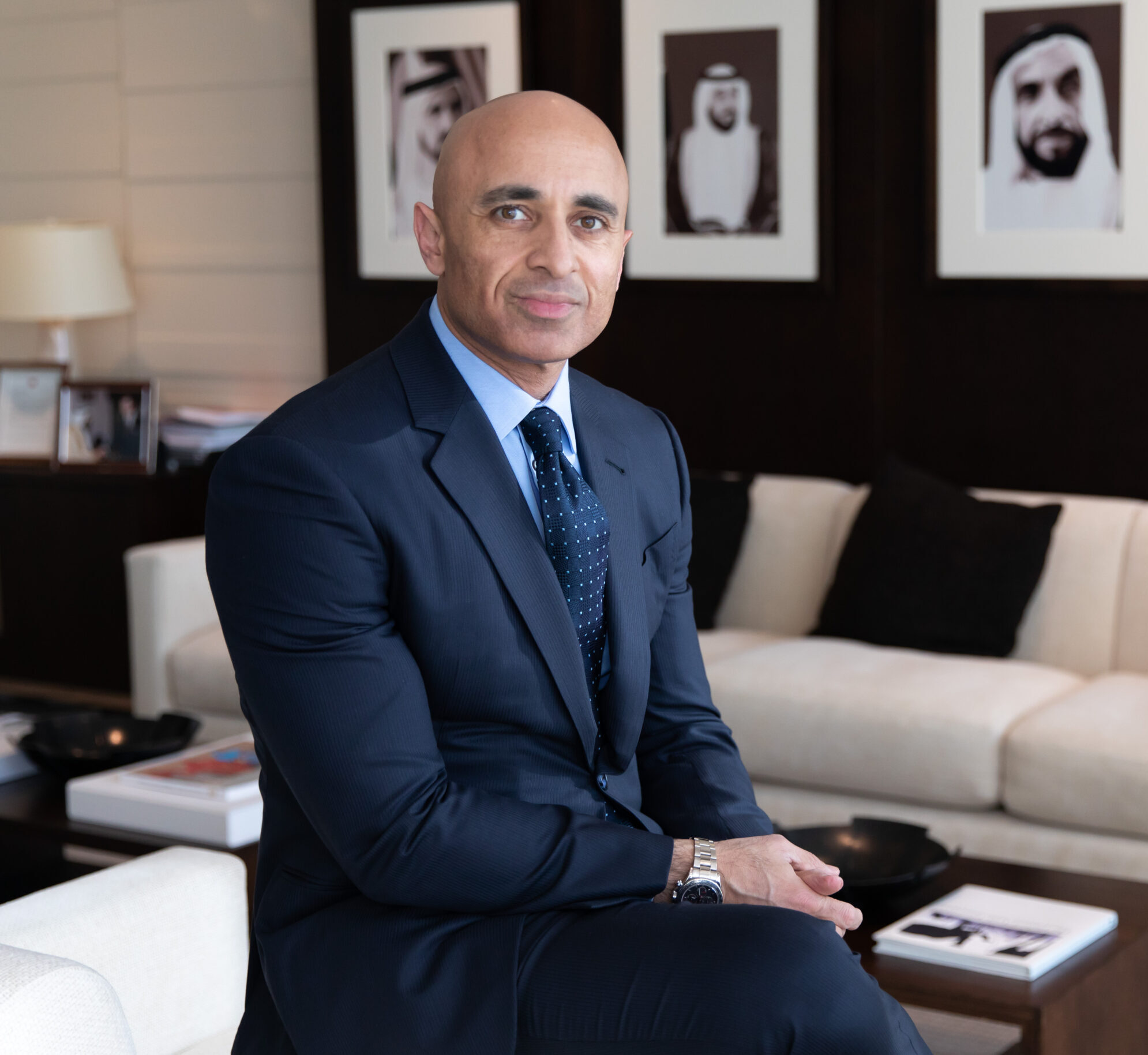Sheikh Khalifa bin Zayed al-Nahyan: The Unassuming Leader Who Laid the Infrastructure for the UAE’s Transformation to a Modern State
Ambassador Marcelle M. Wahba, AGSIW president emeritus and former ambassador to the United Arab Emirates, reflects on the rule of Sheikh Khalifa bin Zayed al-Nahyan, following the May 13 death of the UAE's president.
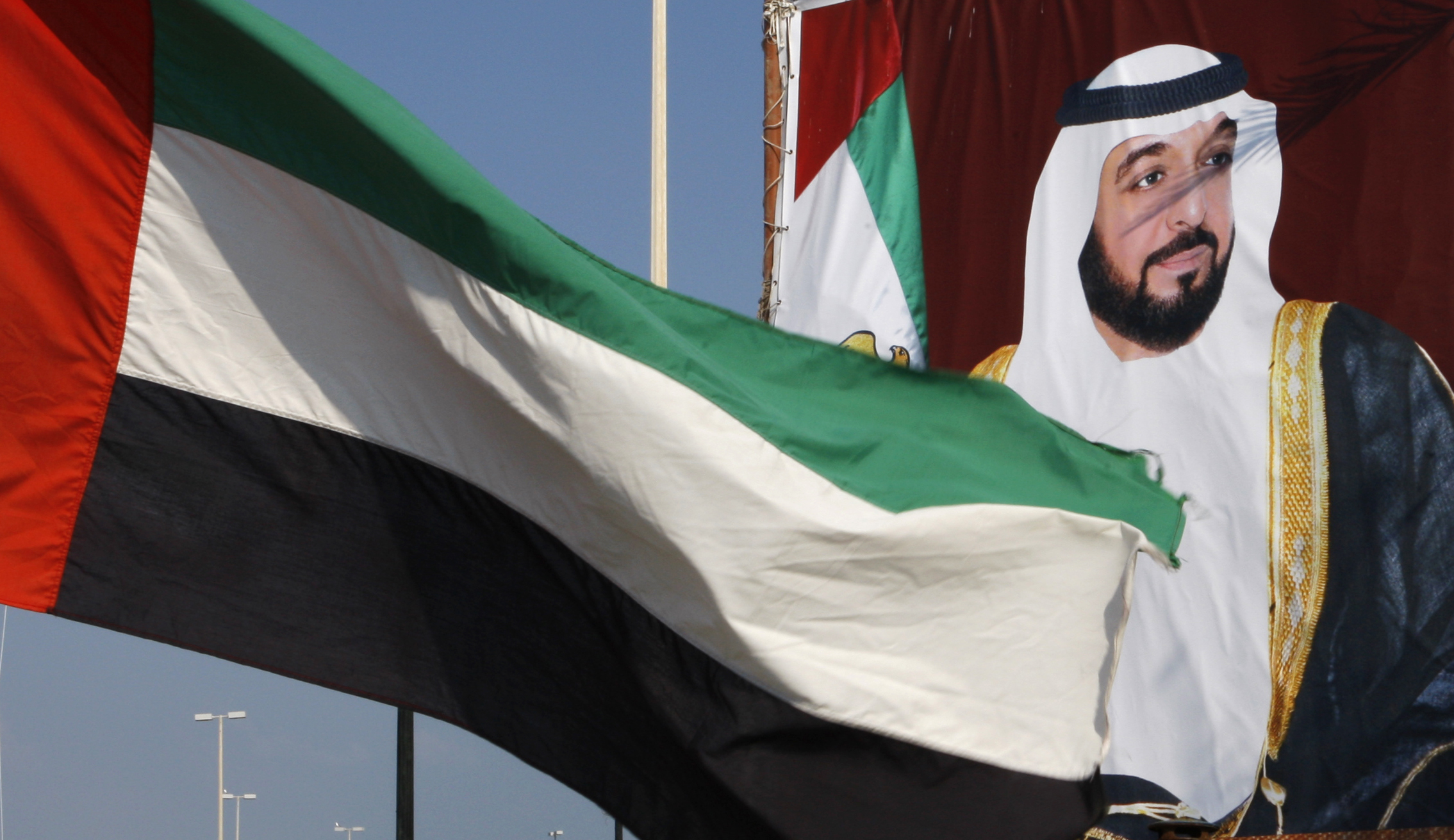
I first met Sheikh Khalifa bin Zayed al-Nahyan soon after 9/11 when I arrived in the United Arab Emirates as ambassador in early October 2001. At the time, Sheikh Khalifa was the crown prince of Abu Dhabi and the deputy supreme commander of the UAE armed forces. With Washington literally on the warpath in those days, I had to use my first meeting with him to ask for the UAE’s support for a number of military operations as the United States moved against al-Qaeda in Afghanistan. Given the sensitivity of the topics at hand, I requested a one-on-one meeting, which meant the conversation would be conducted in Arabic as Sheikh Khalifa did not speak English. I remember vividly his warm smile when I greeted him in my Egyptian colloquial Arabic and his comment that I was doubly welcome in the UAE because he held both Egypt and the United States in high regard! In that first meeting, Sheikh Khalifa made the point of telling me that he understood this was the “hour of need” for the United States and assured me the UAE would be an active partner in supporting our efforts against al-Qaeda.
During my three-year assignment to the UAE, I had the pleasure of meeting with Sheikh Khalifa on several occasions as his father, the president, Sheikh Zayed bin Sultan al-Nahyan, had stepped back from actively running government affairs while recuperating from kidney transplant surgery. Sheikh Khalifa’s demeanor in public and private was unassuming, and he was a man of few words that were spoken quietly and thoughtfully. Oftentimes our VIP visitors from Washington were in an operational mode and did not always take the time to listen closely or carefully, particularly when the subject of Iraq and what to do about Saddam Hussein began to surface in late 2002.
9/11 – A Wake-Up Call for the UAE
Much of the United States’ bilateral business in those days concerned our military and security cooperation, which we took to Sheikh Khalifa’s half-brother, Sheikh Mohammed bin Zayed al-Nahyan, who was then the deputy chief of staff of the UAE armed forces but functioned as the minister of defense. The events of 9/11, with two of the 15 hijackers having hailed from the UAE, was a wake-up call for the leaders of the UAE. Sheikh Khalifa and Sheikh Mohammed bin Zayed realized the serious vulnerabilities of the loose federation, and they worked closely together to strengthen the ties of the seven emirates at all levels. This was no small undertaking as each ruling family had functioned more or less independently with little or no consultation with Abu Dhabi on events within their own borders. Each emirate had its own security apparatus, police force, judiciary, and authority over its ports and airports. I quickly discovered that many issues of concern to the United States had to be handled at the emirate level. When the U.S. government sought to end Russian arms trafficker Viktor Bout’s operation in the UAE, we had to first engage directly with the emirate that provided him with access to its local airport.
In the decade following 9/11, the UAE undertook vast critical reforms across the seven emirates, starting with the financial sector, export controls, the military, security, intelligence, and an ambitious overhaul of the education system to eradicate any reference to radical Islamist ideology. Sheikh Khalifa supported and entrusted Sheikh Mohammed bin Zayed to lead this critical phase of transformation of the UAE from a confederation to a tightly knit federation with Abu Dhabi at the center of the decision-making process on critical issues. Sheikh Khalifa’s popularity and very close ties with the tribes and clans of each emirate were critical to the success of restructuring and strengthening the federation.
Sheikh Mohammed bin Zayed had the support of his very capable and hard-working brothers, all sons of Sheikha Fatima bint Mubarak al-Ketbi, who also played an important role with her close and influential ties with the ruling families of the other emirates. The brothers were assigned key roles at the federal level, from deputy prime minister to foreign minister, and most of them continue to hold senior leadership positions. With the UAE’s rising profile, Sheikh Khalifa was more comfortable focusing on domestic politics and tended to shy away from foreign policy issues and the necessary meetings with VIP visitors, which he gladly delegated to Sheikh Mohammed bin Zayed. From my vantage point, I saw this growing partnership as further evidence of Sheikh Khalifa’s innate sense of confidence and wisdom to see that the alliance with Sheikh Mohammed bin Zayed and his brothers served the future interests of the country during a critical period. Sheikh Zayed sealed the partnership and the country’s future trajectory when he named Sheikh Mohammed bin Zayed deputy crown prince to Sheikh Khalifa in 2003.
Sheikh Khalifa’s Legacy
Sheikh Khalifa was appointed crown prince by his father in the late 1960s, and he is widely credited with having established the key pillars of Abu Dhabi’s wealth and power that provided the infrastructure to transform the UAE into a modern state. His long tenure as crown prince focused on development of the emirate while leaving the running of the federation and foreign policy to his father. In the late ‘70s he set up several institutions that started the economic boom of Abu Dhabi and improved the lives of its citizens. He established the Khalifa Housing Fund, which provided financing for residential housing for Emiratis, and the Department of Social Services and Commercial Building, which provided low-cost loans to nationals for construction projects. These initiatives promoted the development of Abu Dhabi’s nascent private sector and the construction boom that continued unabated for the following decades.
More significant for the future of the emirate and the country as a whole, Sheikh Khalifa oversaw Abu Dhabi’s economic strategy and massive energy wealth by establishing the Supreme Petroleum Council and the Abu Dhabi Investment Authority. When Sheikh Khalifa set up ADIA as a small fund to invest surplus oil revenue in overseas markets, no one expected it to become one of the largest sovereign wealth funds with an estimated value today at over $800 billion. Blessed with most of the country’s oil, Abu Dhabi has the seventh-largest proven reserves in the world, allowing it to become the powerhouse of the federation and the main source of finance for the central government and economic development of the whole country. It was therefore a foregone conclusion that the ruler of Abu Dhabi would be elected to the federal position of president of the UAE by the rulers of the other six emirates.
Succession and Stability
As expected, on May 13, the day of Sheikh Khalifa’s death, Sheikh Mohammed bin Zayed became the ruler of Abu Dhabi, and, on the following day, he was elected by the Federal Supreme Council as the president of the UAE. The ruler of Dubai and vice president of the UAE, Sheikh Mohammed bin Rashid al-Maktoum, also an accomplished poet, publicly declared his allegiance to the new president prior to the council’s vote in a poem he posted on his official Twitter account. The smooth presidential succession process for the third time in the UAE’s history speaks to the stability of the country under confident and visionary leaders not only in Abu Dhabi but also in Dubai and the other emirates. Sheikh Mohammed bin Zayed is often described as one of the region’s most powerful and ambitious leaders. He is credited with developing the country’s military muscle, empowering its youth, showcasing its open, multinational society, diversifying its economy, and realigning and strengthening its political ties regionally and globally, particularly with the West and the United States. Sheikh Mohammed bin Zayed has also made it clear the UAE will not tolerate a role for political Islam, which he sees as a direct threat to the multinational makeup of the country, and he has worked actively against its rise in the region since the Arab Spring protests. While there is unlikely to be dramatic changes in the domestic and foreign policies of the UAE, there will likely be an accelerated drive to further promote the UAE’s successful model of secular-leaning, globally oriented foreign and economic policies.
The views represented herein are the author's or speaker's own and do not necessarily reflect the views of AGSI, its staff, or its board of directors.
